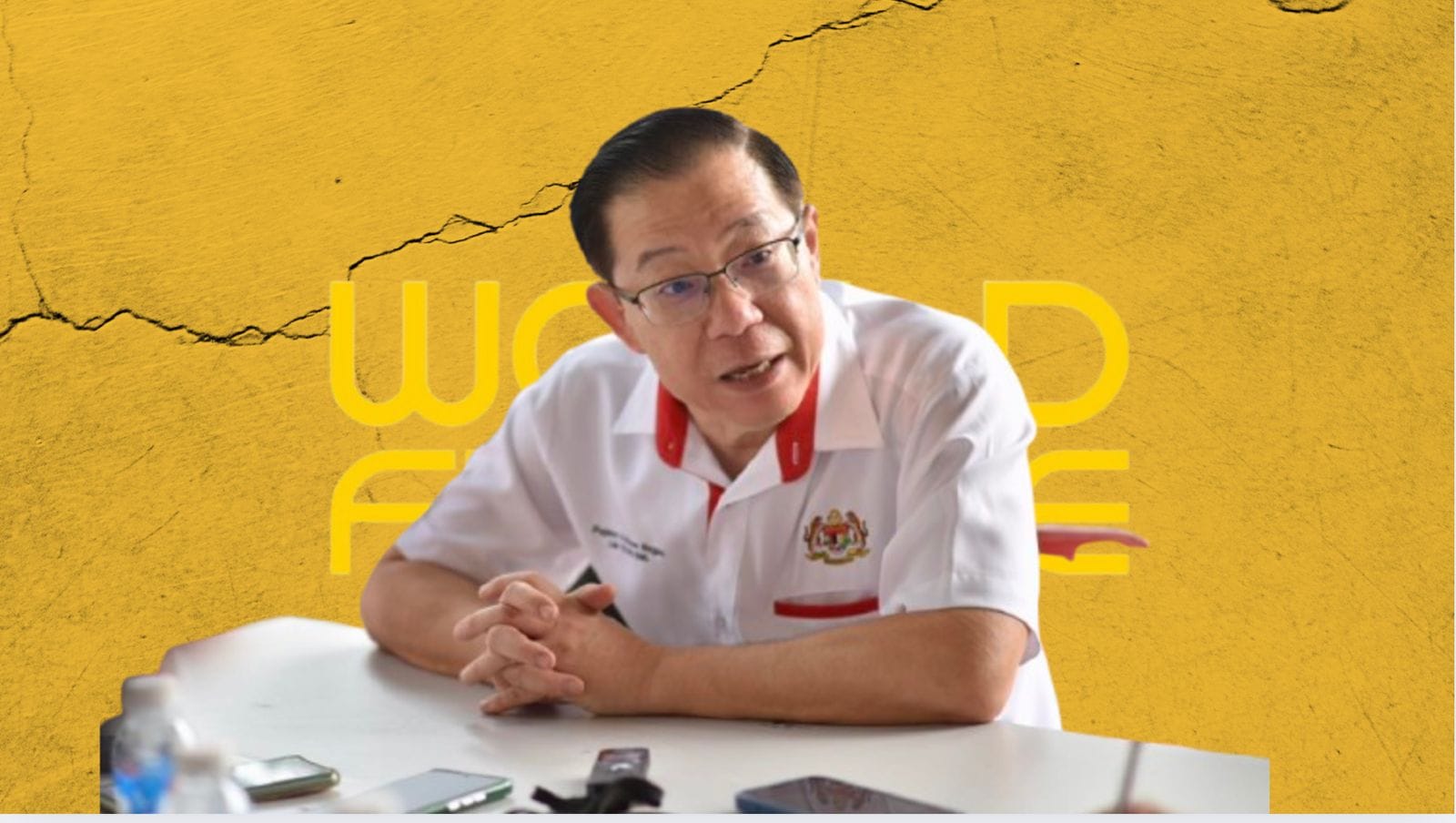DAP: How the current leadership struggle will shape its future
The Democratic Action Party (DAP) in Malaysia is currently experiencing significant internal dynamics shaped by leadership struggles, generational shifts, and debates over nepotism and legacy. Below is an explanation based on general knowledge.

Leadership and Power Struggles
Historically, DAP has been dominated by strong personalities like Lim Guan Eng, who served as Secretary-General and Penang Chief Minister. His once-unassailable authority earned him the nickname "tokong" (deity) among supporters, particularly Chinese voters.
However, his influence has waned due to legal troubles, including a corruption case tied to Penang’s undersea tunnel project, and growing dissent within the party. Ahead of party polls, factions are aligning either to support or challenge his lingering influence, with some arguing his survival depends on party loyalty.
Nepotism and Dynastic Politics
A major fault line is the accusation of nepotism, centered on Lim Guan Eng’s family. His sister, Lim Hui Ying, the Deputy Finance Minister, and the potential grooming of his eldest son have sparked backlash. Critics, including retired DAP veteran Teng, view Hui Ying’s rise—such as her candidacy in the iconic Tanjung parliamentary seat—as evidence of the Lim family treating DAP like "private property."
This has fueled resentment, with many believing Hui Ying’s prominence owes more to her surname than merit, especially given her perceived underwhelming performance in her ministerial role.
Generational and Gender Dynamics
The party is also navigating a generational shift. Younger leaders and ambitious figures, like the Selangor MP mentioned in the op-ed, are vying for influence, often clashing with the old guard. DAP’s commitment to a 30% women’s quota in its Central Executive Committee (CEC) adds another layer, potentially benefiting figures like Hui Ying despite her controversies.
However, her relative silence amid the current turmoil suggests either strategic withdrawal or a lack of independent clout, leaving her future uncertain.
Ideological and Strategic: Tensions in DAP
DAP’s roots as a multiracial, socialist-leaning party have evolved into a pragmatic, Chinese voter-centric force, particularly in urban areas like Penang. The current infighting reflects broader questions about its direction: Should it cling to established leaders like Guan Eng, despite their baggage, or embrace reform to shed dynastic perceptions?
The undersea tunnel case has become a rallying point—some see supporting Guan Eng as a way to protect DAP’s legacy, while others view it as a liability undermining credibility.
Penang as a Battleground
Penang, DAP’s stronghold, amplifies these dynamics. Guan Eng’s tenure as Chief Minister cemented his stature, but his family’s continued dominance has alienated some grassroots members and leaders. Hui Ying was once touted as a potential future Chief Minister, but her fading relevance in the current discourse signals a rejection of dynastic succession, even as the party prepares for its March 2025 polls.
DAP’s internal dynamics
The DAP’s internal dynamics reveal a party at a crossroads: balancing loyalty to a tarnished titan like Lim Guan Eng against calls for renewal and meritocracy. The fight over nepotism, leadership succession, and electoral strategy—set against the backdrop of Guan Eng’s legal woes—could reshape DAP’s cohesion and public image as it heads into a critical election cycle.Explain Lim family influence.



